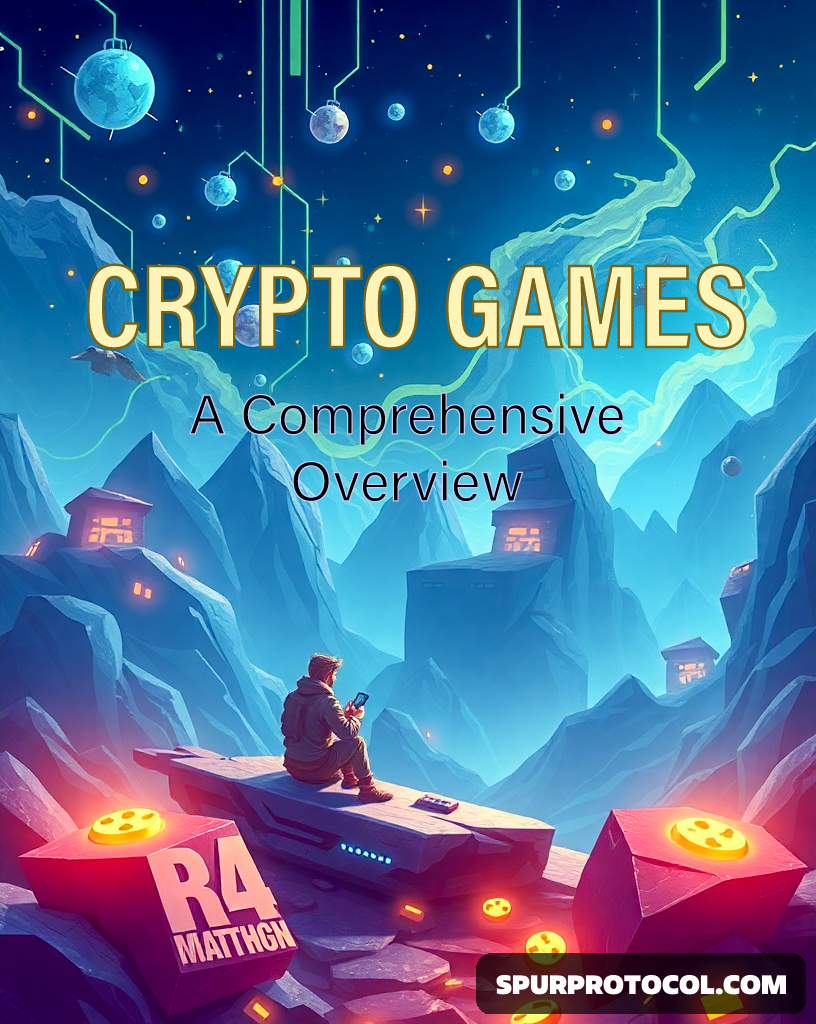CRYPTOCURRENCY GAMES
(A Comprehensive Overview) Crypto games are video games that integrate blockchain technology, cryptocurrencies, and NFTs (non-fungible tokens) to create unique gaming experiences. These games allow players to own, trade, and earn digital assets that often hold real-world value.
Go Back
🕒 9:00 AM
📅 Feb 04, 2025
✍️ By ackr128